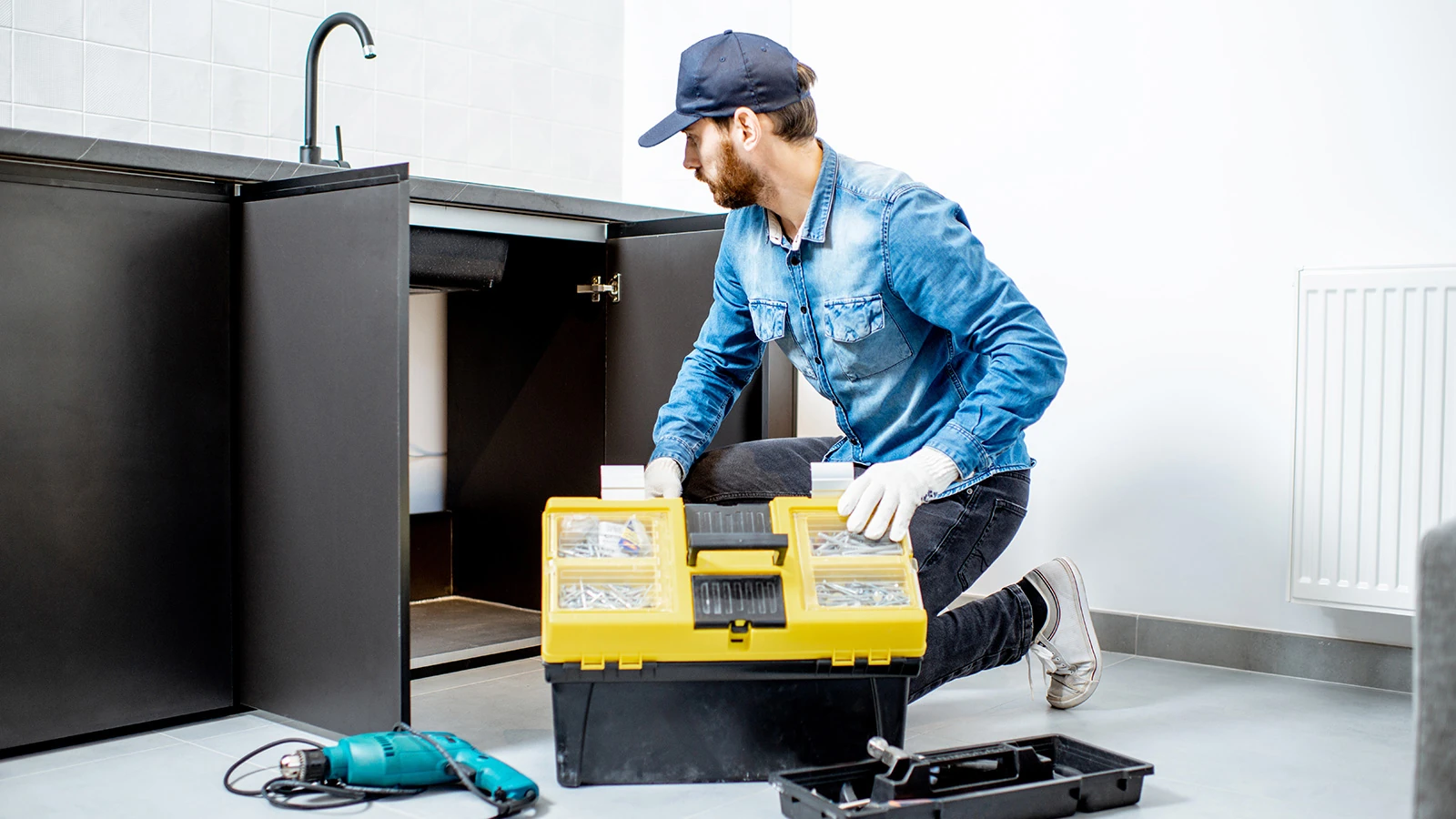

Landlord's Maintenance and Repair Responsibilities:
Under section 32 of the Residential Tenancy Act, the landlord has a duty to repair and maintain all types of residential premises, furnished or unfurnished, even if the rental property was in disrepair when the tenancy agreement was made.
A landlord must provide and maintain the rental property in a state of decoration and repair that:
(a) complies with health and safety standards and housing standards required by law, and
(b) having regard to the age, character and locality of the rental unit, makes the rental property suitable for tenant occupation and habitability standards.
It should be noted that a landlord may not contract out of the maintenance obligations to maintain the rental premises.
Under section 33 of the Act, the property management team or landlord must conspicuously post on the property or give to the tenant in writing, the name and telephone number of a person the tenant is to contact for emergency maintenance and repairs. Emergency repairs are defined by the Act as repairs that are urgent and necessary for the health or safety of anyone or for the preservation and use of the residential property, and include building maintenance issues such as: major leaks in the pipes or roof, damaged or blocked water or sewer pipes or plumbing fixtures, the primary heating system, or defective locks that give access to the residential premises.
If emergency maintenance repairs are not made within a reasonable time after a tenant has made a reasonable effort on two or more occasions to contact the person at the telephone number referred to above, then the tenant may have the repairs made. The tenant may then deduct the repair costs (less any reimbursements received from the landlord) of these maintenance expenses from future rent payments. The tenant must provide the landlord with written maintenance documentation, including receipts for each expense incurred for emergency repairs, and if the landlord is of the opinion that the costs were unreasonable or not for emergency repairs, then the landlord may apply for arbitration.
Tenant's Property Maintenance Responsibilities:
The BC Residential Tenancy Act has imposed a slightly higher duty on the residential tenant than existed at common law. The relevant provision is also contained in section 32:
Landlord and Tenant Property Maintenance Obligations